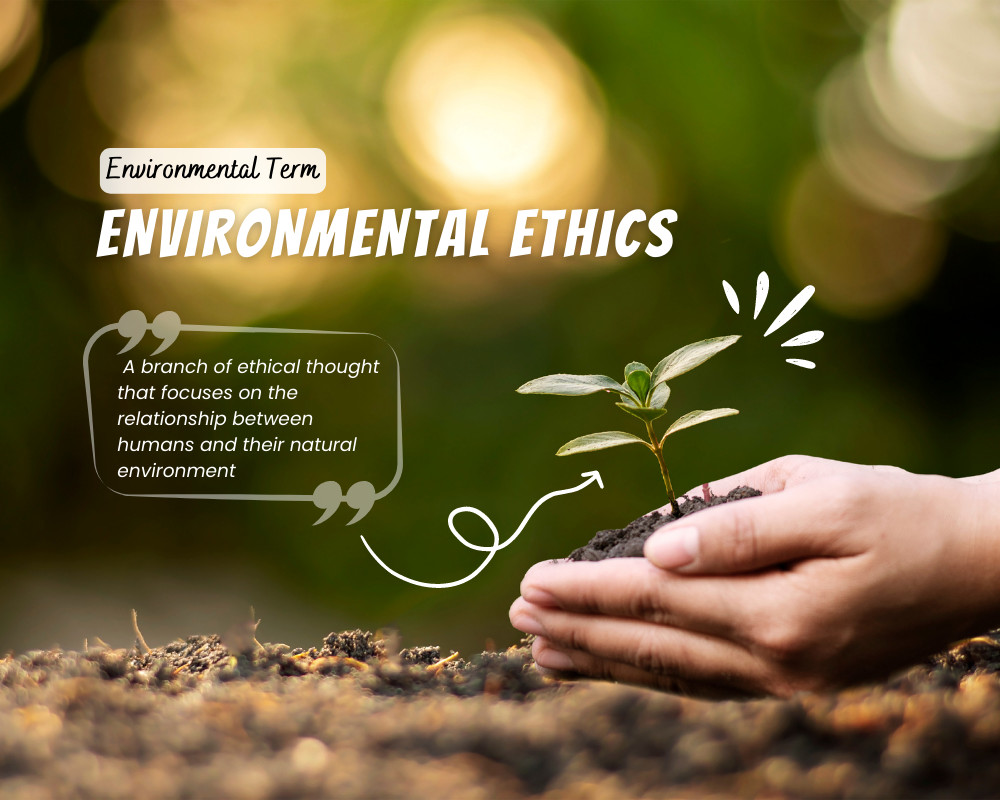Environmental ethics emerges as a crucial philosophical discipline, endeavoring to dissect and understand the moral relationships between humans and the natural world. It represents a paradigmatic shift in our thinking—transitioning from anthropocentric viewpoints to a more inclusive perspective that considers all living beings. This field of ethics not only interrogates the responsibilities humans hold toward the environment but also endeavors to reconceptualize our ecological narratives.
To appreciate the profundity of environmental ethics, one must first grasp its historical evolution. The genesis of this discipline can be traced back to philosophical inquiries that stretch across centuries. Early thinkers, such as John Stuart Mill and Immanuel Kant, articulated ethical frameworks that predominantly focused on human interactions. However, as the Industrial Revolution catalyzed unprecedented exploitation of natural resources, scholars began to recognize the ethical implications of environmental degradation. The burgeoning environmental movement of the mid-20th century, characterized by seminal works like Rachel Carson’s “Silent Spring,” further galvanized this ethical discourse, sparking debates regarding humanity’s obligation to protect the earth.
Central to environmental ethics is the question of value. What intrinsic worth do non-human entities possess? This inquiry branches into two primary categories of thought: intrinsic value and instrumental value. Proponents of intrinsic value assert that nature holds worth independent of its utility to humans; this perspective reverberates with ethical theories that advocate for the moral consideration of all life forms. Conversely, the instrumental value viewpoint posits that nature is valuable primarily as a means to fulfill human needs and aspirations. These conflicting ideologies create an intellectual tension that compels further exploration of our ethical dispositions toward the environment.
The spectrum of ethical frameworks within environmental ethics is diverse, encompassing biocentrism, ecocentrism, and deep ecology, among others. Biocentrism emphasizes the equality of all living beings, advocating for their moral consideration based on their capacity to suffer or flourish. This framework challenges the hierarchy oftentimes assigned to species, urging a more egalitarian approach to nature. Conversely, ecocentrism posits that ecosystems and their holistic integrity warrant moral consideration. By valuing the interdependence of all organisms, ecocentrism delineates a broader ethical canvas. Deep ecology takes this even further, proposing a radical transformation of human values to foster a profound connection with the natural world, transcending superficial environmental solutions.
In contemporary discourse, environmental ethics is often intertwined with pressing global challenges such as climate change, biodiversity loss, and resource depletion. These crises reveal the urgent necessity for ethical paradigms that not only recognize but actively engage with the complexities of ecological interrelations. The ethical implications of climate change, for example, extend beyond immediate consequences. They provoke contemplations on intergenerational justice, prompting discussions about our moral obligations towards future generations. Should we shackle them with the burdens of our consumption or seek sustainable pathways that ensure their right to a healthy planet?
Moreover, the field of environmental ethics invites a critical examination of justice within environmental contexts. Environmental justice emerges as a subfield that scrutinizes the distribution of environmental benefits and burdens. Historically marginalized communities often bear the brunt of environmental degradation, raising moral questions regarding equity and fairness. The corollary ethical discourse inspects how policies can address such disparities, advocating for a more equitable distribution of environmental resources.
The transformative potential of environmental ethics lies also in its capacity to cultivate an ethos of stewardship. By fostering a sense of responsibility towards the natural world, individuals and communities can transcend the paradigms of exploitation. This stewardship ethos promotes proactive involvement in conservation efforts, sustainable practices, and community engagement, rippling outward to inspire collective action. In this vein, environmental ethics does not merely delineate moral imperatives; it also functions as a catalyst for sociocultural change, challenging entrenched norms and fostering a regenerative relationship with the earth.
Furthermore, the rise of technology and science in the Anthropocene epoch presents both opportunities and ethical dilemmas. Innovations in renewable energy and conservation biology, for instance, offer a glimpse into a sustainable future. However, they also compel us to interrogate our ethical responsibilities in the realm of biotechnologies and geoengineering. How far are we willing to manipulate ecosystems in pursuit of human objectives? Environmental ethics serves as a crucial framework for navigating these intricate moral landscapes, guiding us toward judicious and reflective decisions.
The interplay between philosophy and practical engagement forms a core aspect of environmental ethics. Advocacy for policy changes, legislative action, and community initiatives encapsulates the application of ethical principles to tangible issues. This nexus between theory and practice beckons scholars and practitioners alike to actively contribute toward environmental sustainability. It calls for an interdisciplinary approach, integrating insights from philosophy, ecology, sociology, and economics, fostering holistic solutions that resonate with complex realities.
In conclusion, environmental ethics offers a profound lens through which we can examine our place in the natural world. It evokes a shift from mere contemplation to action, urging us to cultivate relationships characterized by reciprocity rather than dominance. As we confront the escalating ecological crises of our time, the principles established by environmental ethics challenge us to evolve and adapt our moral frameworks, piquing curiosity about the myriad possibilities that await. Through a commitment to ethical inquiry and proactive stewardship, we can forge a path towards a more harmonious coexistence with the intricate web of life that surrounds us.










